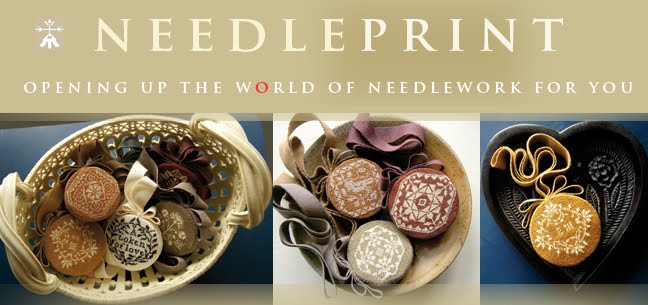Some of you may be familiar with the galleries of the Palais Royal opposite the Carousel entrance of the Louvre in Paris. It has been famous for centuries as France's first enclosed shopping mall. There, as you can see, one could buy fine laces, linen and fans, and the latest books and prints. It was a place not only to shop, but also to meet people. It was also a place where women could run small businesses, selling embroidery or bespoke garments. Tales were sometimes put around of other commodities for sale.
London, too had its famous exchanges - the Royal Exchange in the City of London, and later, the New Exchange, which you see here, built in the newly fashionable West End of London on the Strand. There was a great fear that women would go there for assignations and wenches in shops would sell their commodities. Commodity was a Stuart slang word in use at the time, which to put it politely, was female and anatomical. The women who did business in the exchanges were sadly hanged if they did sell their commodity, or hanged if they resisted. Stuart rowdy boy gangs would retaliate for a trading woman's slight by throwing bricks through her window, shouting 'Whore' whilst running off. Upon this slur to reputation, women were refused credit and could no longer trade. It made me smile somewhat wryly to read that when Charles Harrod opened his famous London store in 1884, creating a space where women could appear alone without raising eyebrows, men were overcome with anxiety lest their women should use the place for assignations; that in their weakness the dears might succumb to a sexual frenzy while perusing shoes and boots, and so license for an in-store restaurant was denied. Which ties in some 90 years later with the fact that in the UK unaccompanied women could not be served Wimpy burgers, or Corner House scones after 9pm in case they might corrupt passing males...... Honi soit qui mal y pense!



I know this will sound very odd, but "bespoke" is one of my favorite words! I love the old-fashioned feel of it and the care it implies of hand work carefully done.
ReplyDeleteJulie
Ok! I give in....please do tell me what the heck is a 'Wimpy Burger'? I think I may need one ;)
ReplyDeletexoxoxo rachael
The chain of Wimpy Bars was a 1950s UK take on US Burger Bars - so you might say a Wimpy was a UK Wendy...?
ReplyDeleteLovely read J, you are a fabulous (hi)story teller, I enjoyed that!
ReplyDeleteFabulous post - I'll never think of the commodity markets quite the same way again!
ReplyDelete